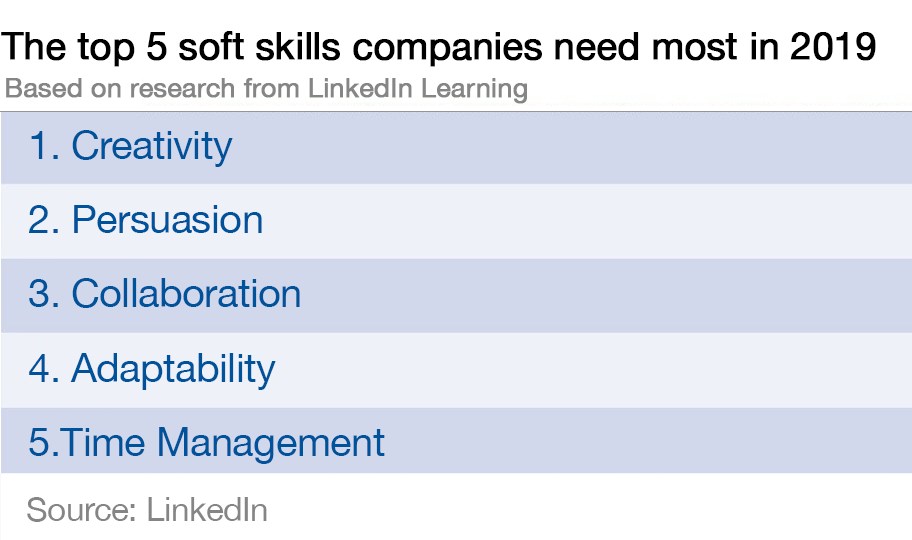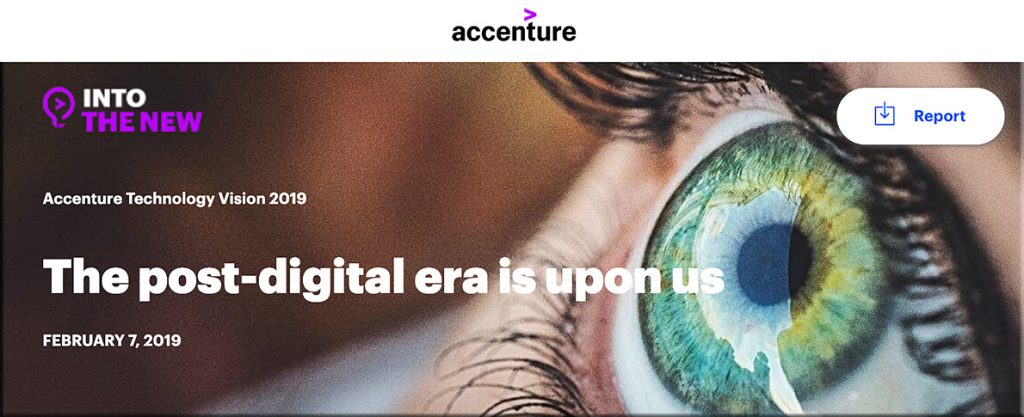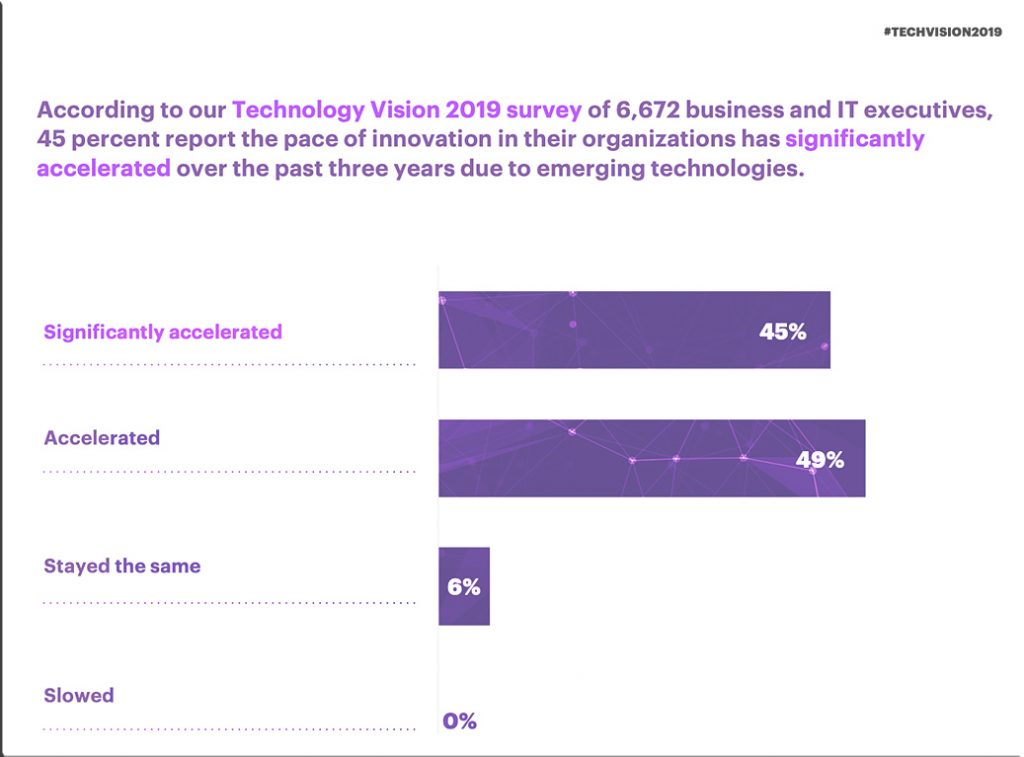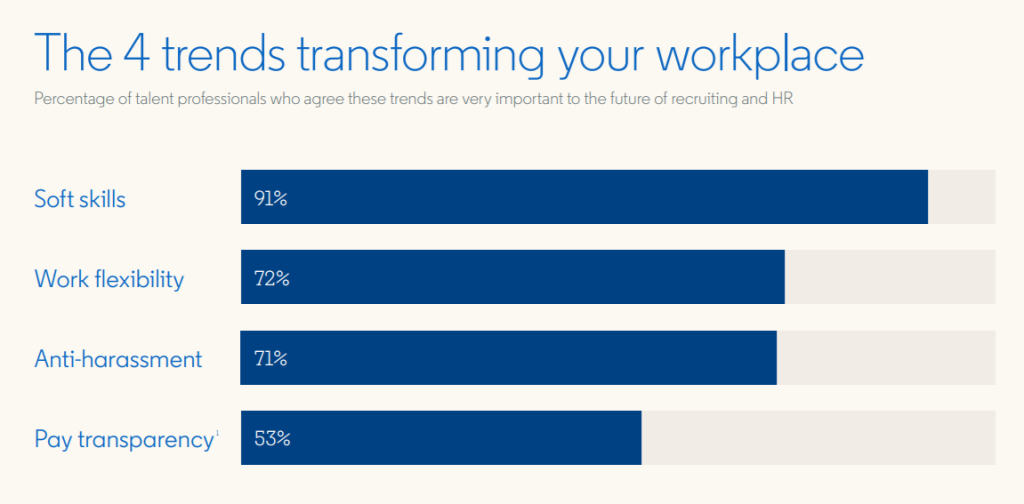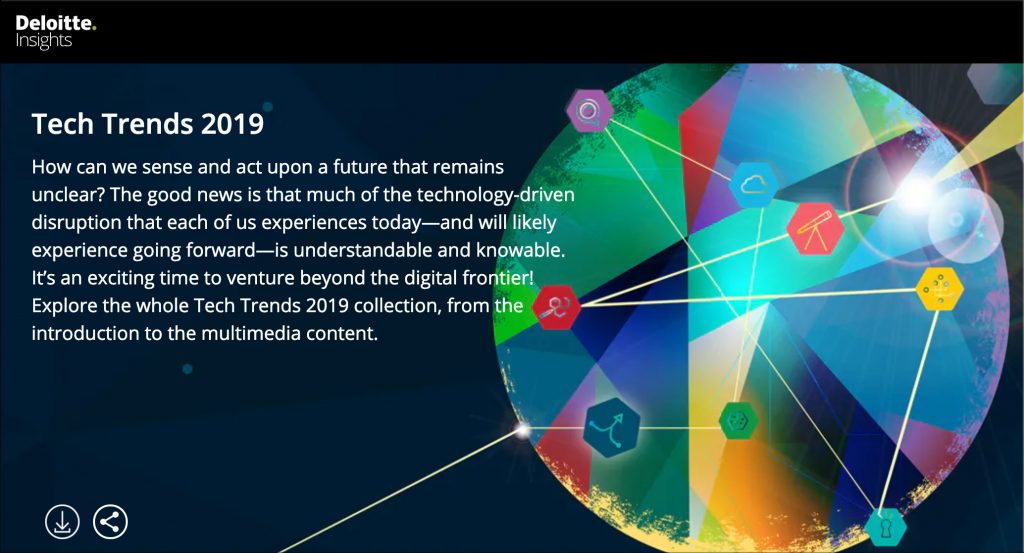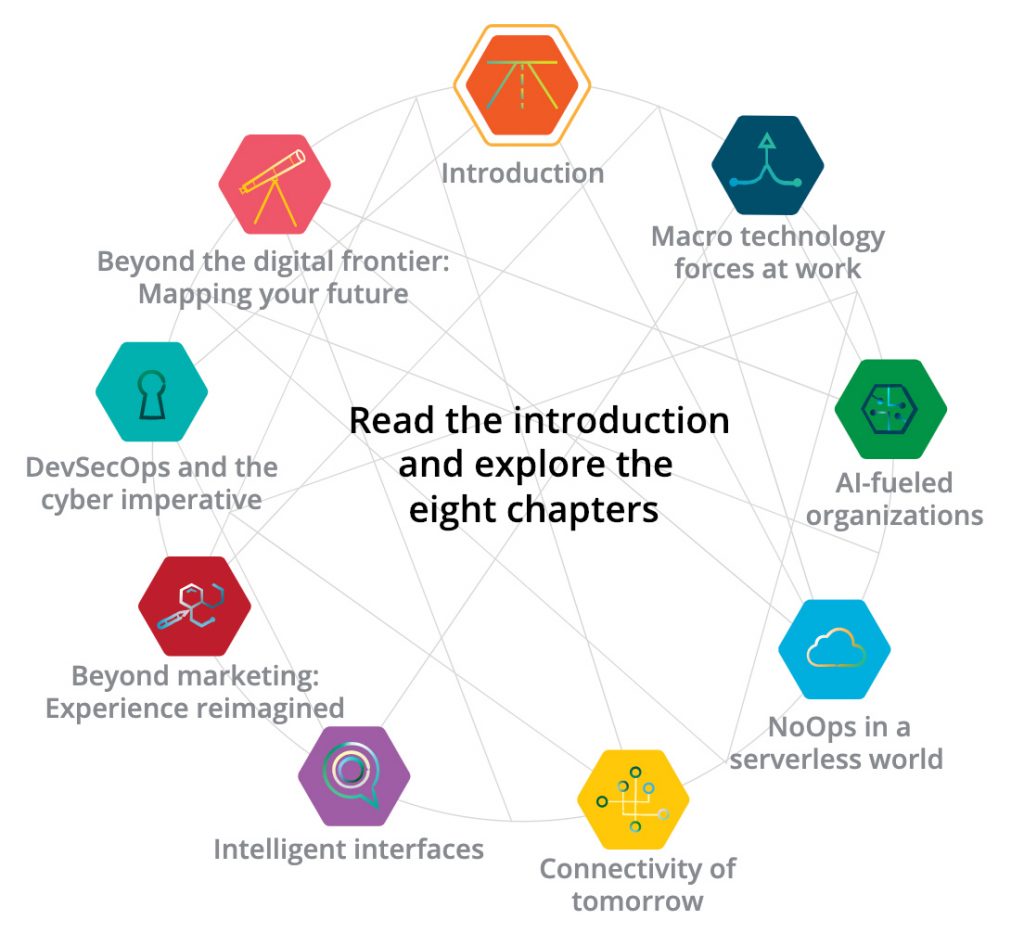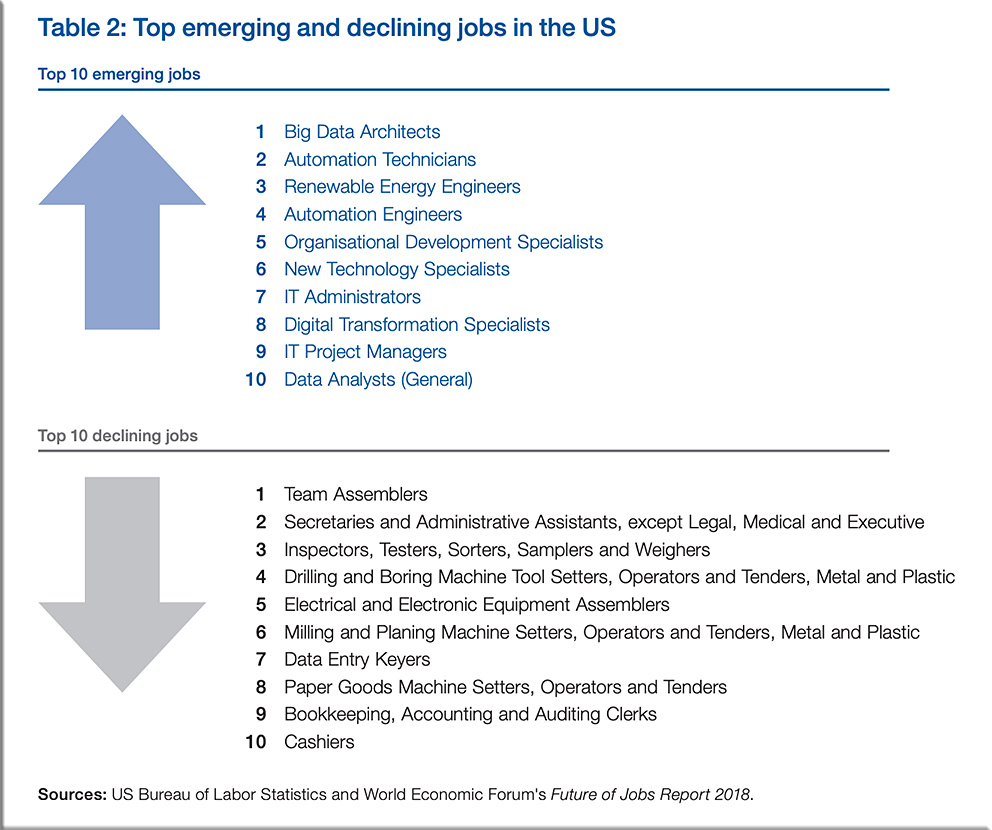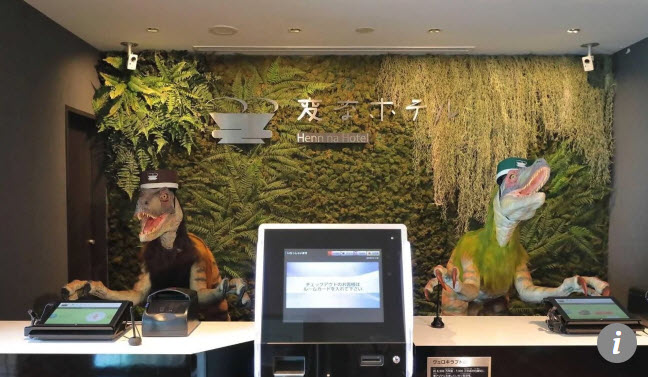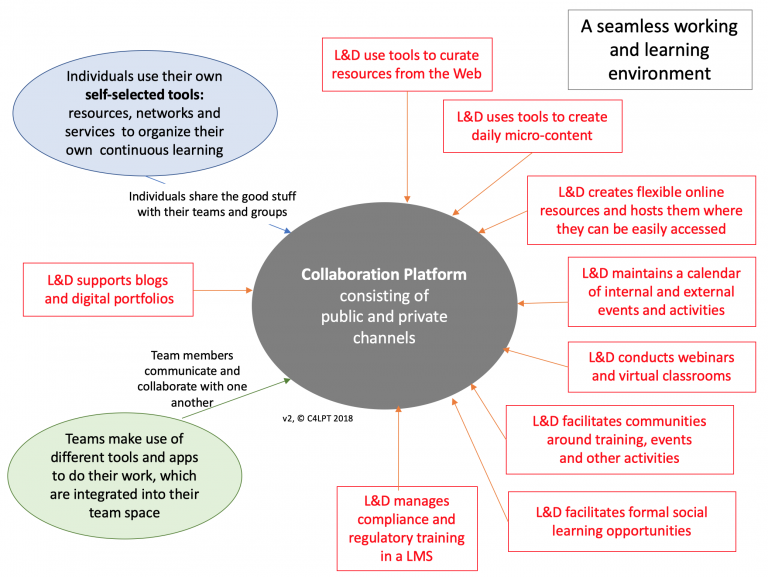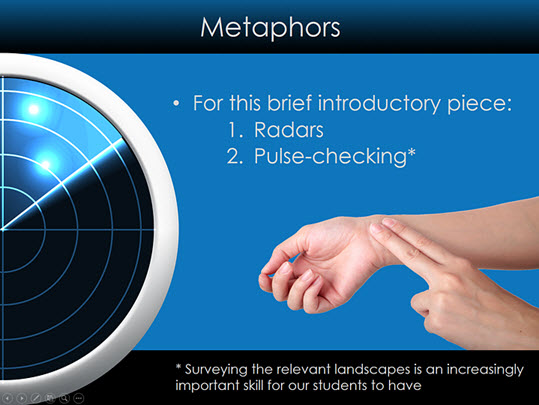Excerpt:
In addition to making sure you list at least five skills, Guo suggests adding the field you work in since more than 300,000 people search by industry on LinkedIn each week. And don’t forget to update the city you work in since this can make you up to 23 times more likely to be found in search, according to LinkedIn’s data.
From DSC:
This next article is likely somewhat of an ad to take courses out at Lynda.com, but it’s still helpful I think:
- The Skills Companies Need Most in 2019 – And How to Learn Them— from linkedin.com by Paul Petrone
Also see (emphasis DSC):
- These are the 10 most in-demand skills of 2019, according to LinkedIn — from weforum.org by Emma Charlton
Excerpt (emphasis DSC):
According to analysis from networking site LinkedIn, 2019’s employers are looking for a combination of both hard and soft skills, with creativity topping the list of desired attributes. The findings chime with the World Economic Forum’s Future of Jobs report, which concluded that “human” skills like originality, initiative and critical thinking are likely to increase in value as technology and automation advances. “Strengthening a soft skill is one of the best investments you can make in your career, as they never go out of style,” LinkedIn Learning Editor, Paul Petrone wrote in a blog. “Plus, the rise of AI is only making soft skills increasingly important, as they are precisely the type of skills robots can’t automate.”
